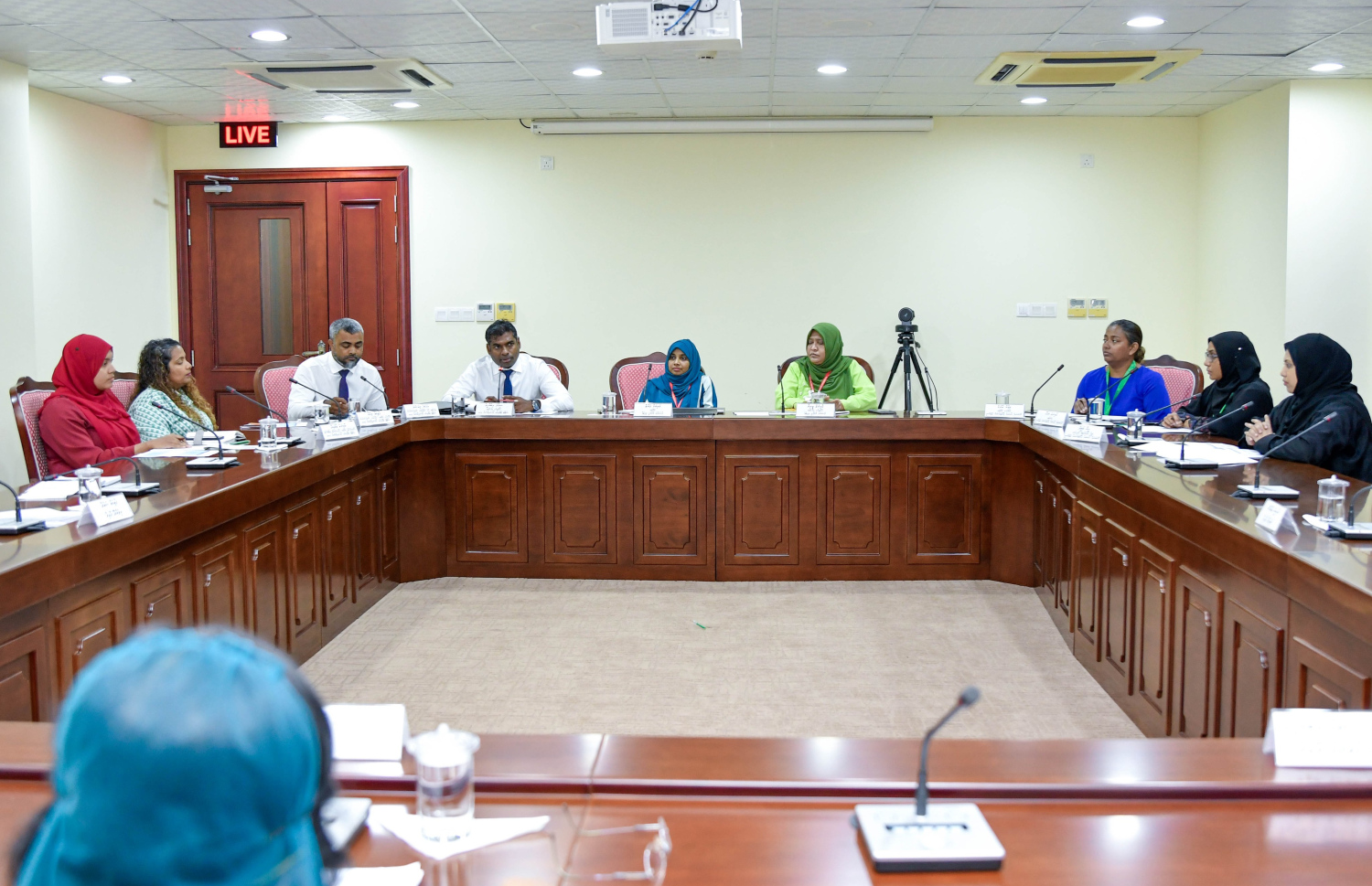The Maldives is facing difficulties in obtaining necessary medicines due to Maldives Food and Drug Authority (MFDA) regulations that prevent STO from importing certain medications, according to STO's Managing Director, Shimad Ibrahim.
Speaking at the Parliament’s Social Affairs Committee, Shimad said STO currently imports only 30 percent of the medicines needed in the country. He explained that MFDA regulations state that a specific medicine can only be registered and imported by one party. In addition, international suppliers grant distribution rights exclusively to one importer. As a result, STO cannot procure medicines registered to other companies.

“STO imports 30 percent of the medicines. If one party registers a medicine, only that party can import it. According to MFDA rules, only that party can import that medicine, and on the other hand, the supplier gives permission to only one party,” Shimad said.
He added that this situation has led to pharmacies being unable to provide medicines prescribed by doctors, prompting efforts to find alternatives using generic options.
Galolhu North MP Mohamed Ibrahim (Kudu) of the Maldivian Democratic Party (MDP) repeatedly asked for a specific timeline for a permanent solution to the medicine shortage. However, STO, Aasandha, and NSPA officials did not provide a definitive answer.
STO Medical Services General Manager Ahmed Niushad emphasized that the focus is on ensuring the availability of essential medicines. He revealed that despite working with multiple countries, over 500 medicines still cannot be imported. According to doctors consulted by STO, many of these are drugs listed for potential use in critical cases and are also included in the WHO’s essential emergency stock list.
“We haven’t been able to secure 100 percent of all essential medicines. But we have found alternative solutions,” Niushad said.
He also noted that earlier this year, President Dr. Mohamed Muizzu pledged to address medicine shortages through STO. Niushad explained that by last March, STO had secured all but five essential medicines. However, when they attempted to reprocure them later, they couldn’t acquire the same quantities from suppliers.
“We know where the essential medicines are available. However, we faced difficulties in obtaining the required quantities from suppliers,” he said.
STO has also begun importing medicines in bulk through a collaboration with the UNDP, bringing in some European-quality drugs. However, since STO does not consider the UN agency best suited for medical procurement, they are now in talks with the World Health Organization (WHO) to carry out bulk medicine imports.